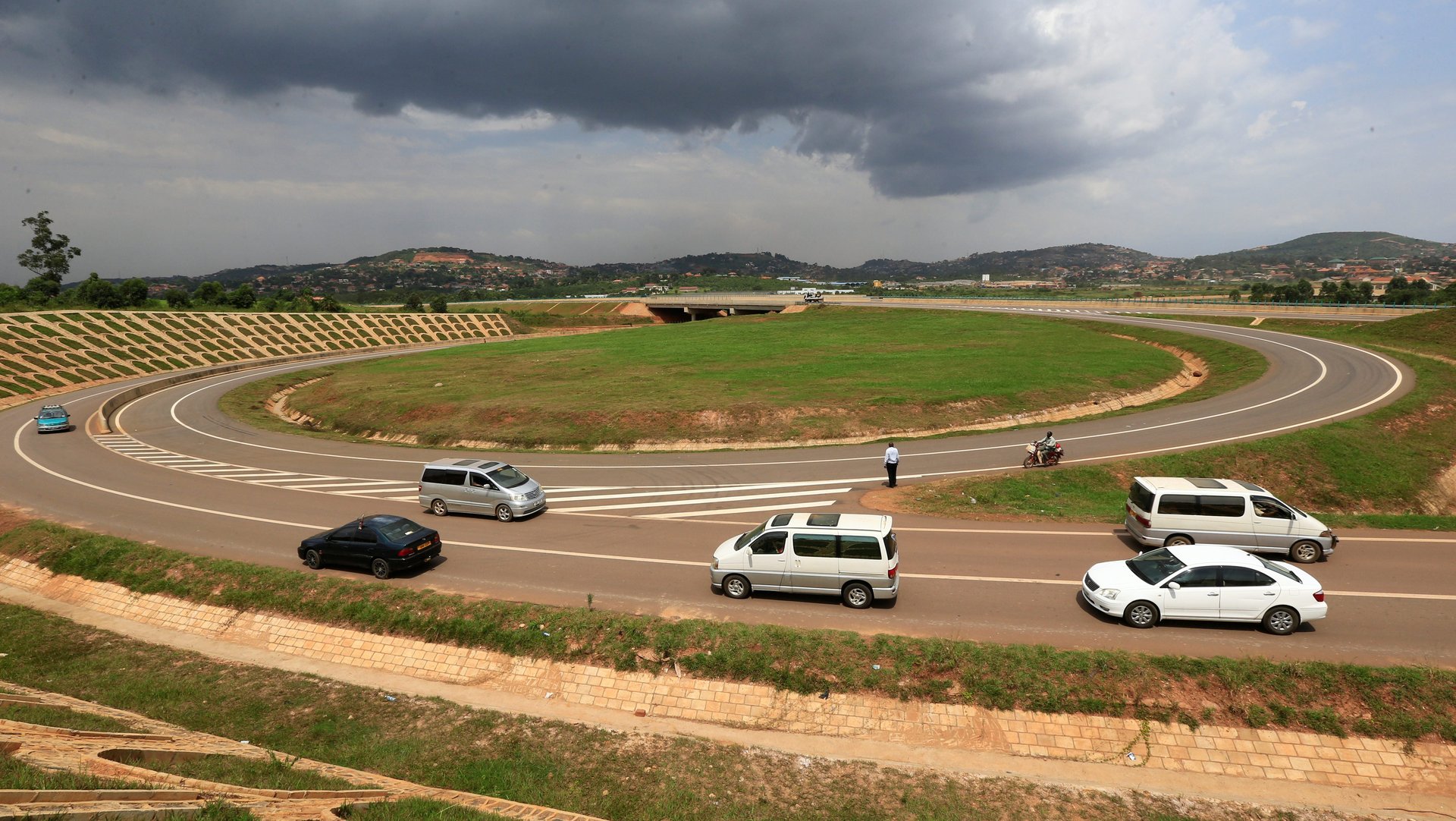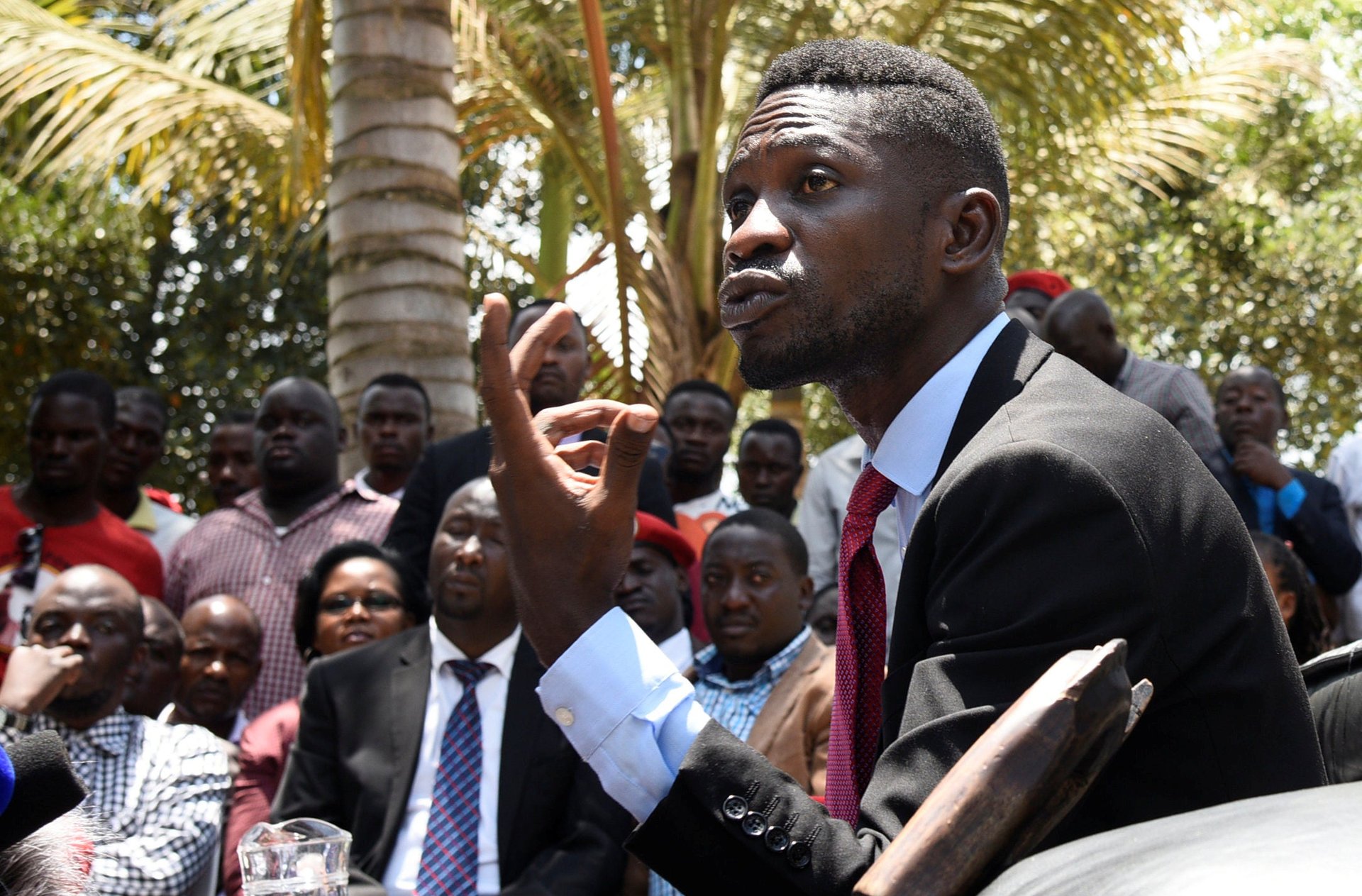On returning to Uganda, Museveni’s staying power and the significance of Bobi Wine
Recently I returned to Uganda, for the first time in nearly 20 years; and since I am almost 40, it is no wonder that felt like almost a lifetime ago. Much had changed since my last visit, and much had not. I had heard much about the country’s economy had been thriving in my absence, and so when I arrived at Entebbe Airport I only wondered where the politicians had been investing all the money.


Recently I returned to Uganda, for the first time in nearly 20 years; and since I am almost 40, it is no wonder that felt like almost a lifetime ago. Much had changed since my last visit, and much had not. I had heard much about the country’s economy had been thriving in my absence, and so when I arrived at Entebbe Airport I only wondered where the politicians had been investing all the money.
As I landed, affluent Ugandans were coming home with the fruits of shopping trips in the Middle East, the conveyor belts laden with suitcases full of luxury goods; yet this modest influx of just three flights was so overwhelming for the staff that it took us over two hours to pass through customs. Outside, much of the terminal looked as if it hadn’t been painted since the early 1980s.
The early 1980s: that’s the reason I was back. I hadn’t been to my father’s village in 35 years, and the last time I was there, aged four, I had buried him. It was therefore about time, my family thought, that I paid him a visit. Before heading north, a long drive that would take me close to the Sudanese border, I stopped off in Kampala; which was, as ever, was a place in a hurry.
Kampala isn’t so much a city as a series of ever-tightening coils, its various roads spiraling down between the hills until they all meet in a trembling, chaotic mesh. It was Good Friday, and it seemed as though everyone was outdoors that evening; heading to this convenience store or that, hurtling towards a two-hour church service or away to dinner. There was a constant and possibly accelerating bustle of construction, with a vast highway being carved from the clay and numerous new high-end residences littering the skyline. Away from these developments, some things stayed as I remembered them.
My uncle’s house, as ever, was a place where I could get some of the best cooking in the country, and I feasted there on a huge plate of chicken, kwon and malakwang. In the north of the country, much of the infrastructure remained stubbornly untouched by government funds, with several school buildings abandoned in the early stages of completion.
In the south of the country, president Yoweri Museveni stayed in power, there since 1986; that is so long that, in this time, almost 80% of the country’s population has been born. He is also very keen to continue, and Parliament, in a decision narrowly upheld by the highest court, has voted to remove the age limit at which he can hold office. Museveni claims he had no interest in such removal, but it is notable that he was 74 when that limit of 75 years was taken away, which will now allow him to contest the 2021 elections. Perhaps, mused an elderly relative of mine, “I should run for the highest office; after all, I am 85”.
The president does face a newer threat, though, in the form of Bobi Wine. The politician and musician, real name Robert Kyagulanyi Ssentamu, had become hugely popular for his opposition to Museveni’s apparently endless tenure. Bobi Wine spent most of the week that I was in Uganda under house arrest, with his supporters turning out in vigorous protest and signs calling for his freedom sprayed across Kampala’s walls.

Bobi Wine, I thought, represented an interesting case: in the West, musicians and other artists are often mocked for their attempted involvement in the political process, yet here was one who had the potential to change the fate of the nation.
While I was there, I saw reports of his intention lead the evening news almost every night, and with each cancellation of one of his concerts—over 120 in just two years—I watched his legend grow. More recently, Museveni has warned Bobi Wine that he should stay out of politics and focus instead on his singing; the irony being that not allowing Wine to sing is largely how we have got here.
Whilst Museveni dug his heels into the past, much of Uganda seemed to be lurching forwards. A key reason for this could be seen in the departures lounge at Entebbe Airport, as I made my way out of the country. There, in one of the bookstores, the only non-Ugandan newspaper to be found on display was China Daily, the Chinese government-owned English language mouthpiece. China clearly sees a big future for itself there, where signs of their heavy investment were already evident.
This declaration would trigger a great deal of public funding, yet the focus of that funding will be just as important as its amount. In Gulu, inequality is soaring, with vast and sparkling private buildings just across the road from settlements housing multiple families. Some supermarkets charge Western European prices for food, whilst just down the road electric cables are so prone to damage that heavy rainfall always leads to hours of power cuts.
Here in the rural north, far from Kampala, I found not only my father but something which will be essential as the country moves forward: an extraordinary resilience. This is an area, after all, which in a decade ago was voted by a poll of humanitarian professionals to be the second-worst place in the world to be a child. Here, where at one point almost the entire population of the three largest districts was uprooted by conflict, I saw a people getting back on its feet; poor but not malnourished, politically neglected but proud.
As I left my father’s village, I felt a great sense of closure; as if I had finally come to the end of one long journey, and was ready for the beginning of a fresh adventure. And perhaps, I reflected as my car moved back down south, Uganda was ready for a new journey too.
Sign up to the Quartz Africa Weekly Brief here for news and analysis on African business, tech and innovation in your inbox